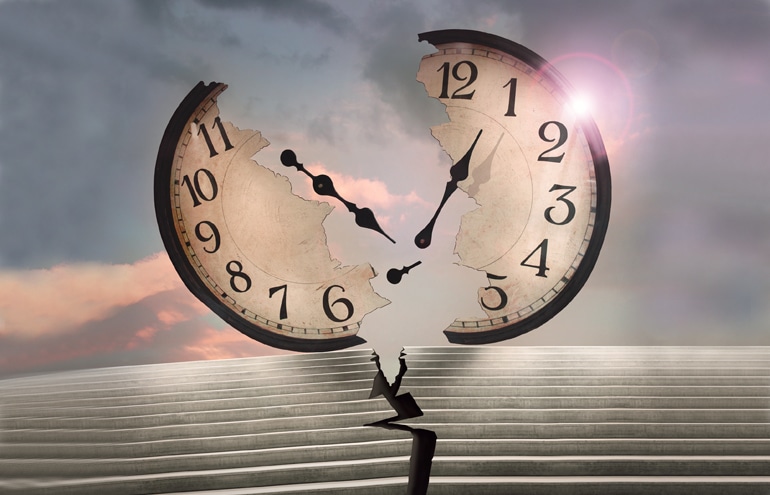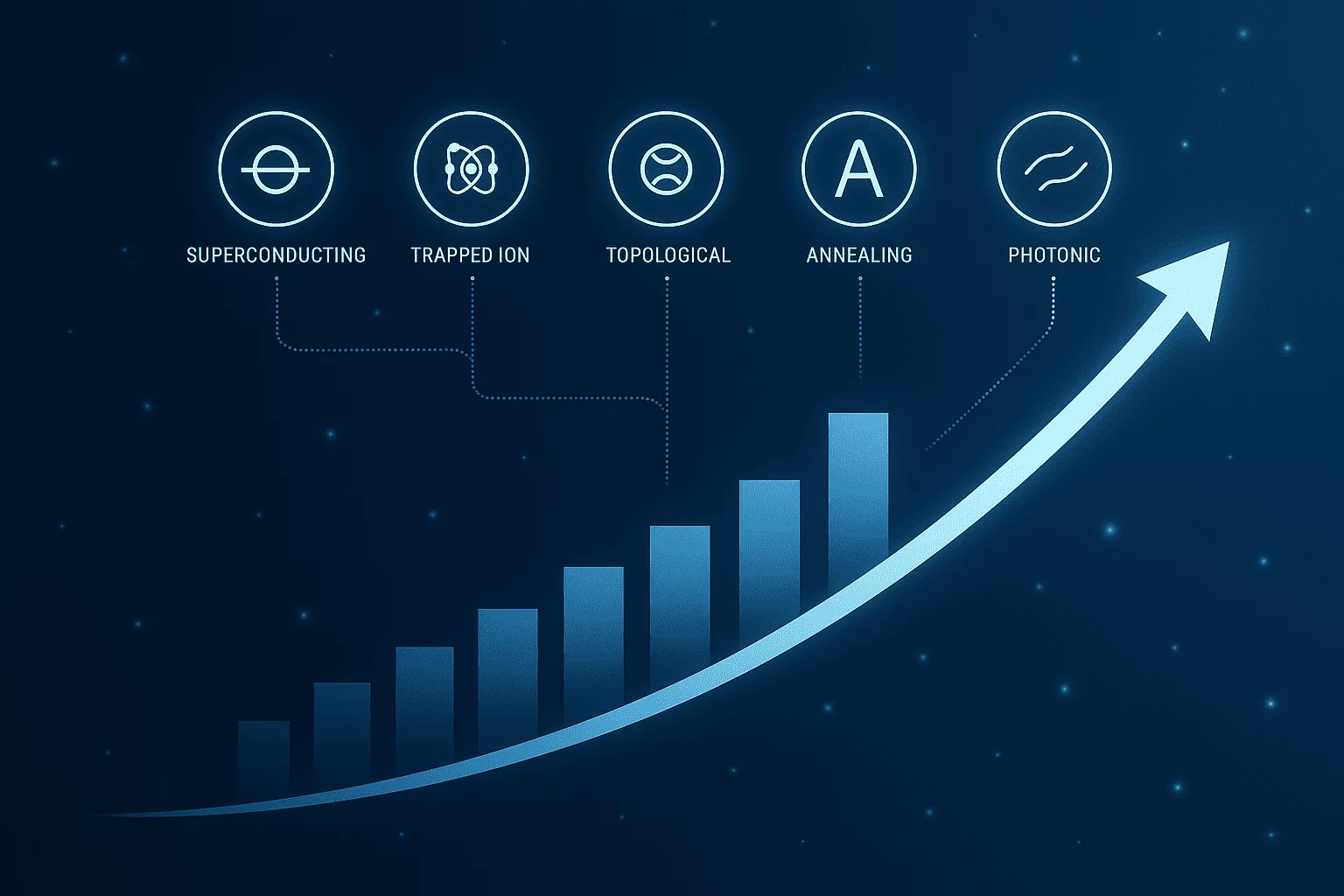“Doubt kills more dreams than failure ever could.” — Kai Ellington
This poignant quote encapsulates a truth many of us grapple with: the internal battles we fight often pose greater threats to our aspirations than external obstacles. While failure is a natural part of any journey toward success, it’s the paralyzing grip of self-doubt that frequently prevents us from even embarking on that journey. Discover how discipline reflects self-respect and fuels personal and professional growth. Learn from leaders like Mattias Knutsson, a strategic expert in global procurement and business development, who exemplify the power of consistent action.
In today’s fast-paced world, where achievements are broadcasted and celebrated instantly, it’s easy to fall into the trap of comparing ourselves to others, leading to feelings of inadequacy and doubt. However, understanding the nature of doubt and learning how to navigate through it can transform our approach to challenges and unlock our true potential.
Understanding Self-Doubt
Self-doubt is an internal voice that questions our abilities, decisions, and worth. It’s a natural emotion, often stemming from past experiences, fear of failure, or societal pressures. While occasional doubt can be a healthy check, chronic self-doubt can be debilitating, leading to missed opportunities and unfulfilled potential.
Common Causes of Self-Doubt:
- Past Failures: Negative experiences can leave lasting impressions, making us hesitant to try again.
- Perfectionism: Setting unrealistically high standards can lead to constant self-criticism.
- Comparison: Measuring ourselves against others can diminish our self-worth.
- Fear of Judgment: Worrying about others’ opinions can prevent us from taking risks.
The Impact of Doubt on Dreams
When self-doubt takes hold, it can manifest in various ways that hinder our progress:
- Procrastination: Delaying actions due to fear of inadequacy.
- Indecision: Struggling to make choices, fearing the wrong outcome.
- Avoidance: Steering clear of opportunities that challenge our comfort zones.
- Low Self-Esteem: Believing we’re unworthy of success or happiness.
These manifestations can create a cycle where doubt leads to inaction, resulting in missed opportunities, which then reinforce the initial doubt.
Embracing Failure as a Stepping Stone
Contrary to the fear it evokes, failure is an essential component of growth and success. Each failure offers lessons, resilience, and a clearer understanding of our paths.
Benefits of Embracing Failure:
- Learning Opportunities: Failures highlight areas for improvement.
- Resilience Building: Overcoming setbacks strengthens our ability to face future challenges.
- Innovation: Many breakthroughs arise from learning what doesn’t work.
- Authenticity: Acknowledging failures fosters genuine self-awareness.
By reframing failure as a valuable experience rather than a definitive end, we can reduce the power of self-doubt and encourage proactive steps toward our goals.
Strategies to Overcome Self-Doubt
- Self-Awareness: Recognize and acknowledge feelings of doubt without judgment.
- Positive Affirmations: Replace negative thoughts with empowering statements.
- Set Realistic Goals: Break down ambitions into achievable steps to build confidence.
- Seek Support: Engage with mentors, peers, or support groups for encouragement and perspective.
- Reflect on Past Successes: Remind yourself of previous achievements to reinforce self-belief.
Implementing these strategies consistently can gradually diminish the influence of self-doubt and foster a mindset geared toward growth and resilience.
Real-Life Inspiration: Mattias Knutsson’s Journey
Mattias Christian Knutsson is a visionary leader with expertise in strategic sourcing, commodity management, and global business development. With over a decade of industry experience, Mattias has consistently delivered innovative and sustainable solutions across multiple sectors. His deep understanding of global markets, supply chains, and evolving consumer trends has driven his success.
Throughout his career, Mattias has made significant contributions across industries, including consumer electronics, automotive, and raw commodities such as steel and tires. His extensive experience in Asia, Eastern Europe, and the Balkans, alongside his leadership roles in cities like Malmö and Jönköping, has sharpened his skills in supplier negotiations, market analysis, and the orchestration of complex supply chain systems.
Mattias’s journey exemplifies how embracing challenges and learning from setbacks can lead to substantial achievements. His commitment to continuous improvement and adaptability serves as a testament to the power of perseverance over doubt.
Conclusion:
Self-doubt is a universal experience, but it doesn’t have to dictate our actions or define our potential. By understanding its roots and implementing strategies to counteract it, we can transform doubt into a driving force for growth.
Embracing failure as a natural and valuable part of the journey allows us to learn, adapt, and move forward with greater clarity and confidence. Drawing inspiration from leaders like Mattias Knutsson, we see that perseverance, adaptability, and a commitment to continuous improvement can lead to remarkable success.
Remember, the dreams we dare to pursue are often on the other side of doubt. By taking that first step, despite uncertainty, we open the door to possibilities we might have never imagined.





